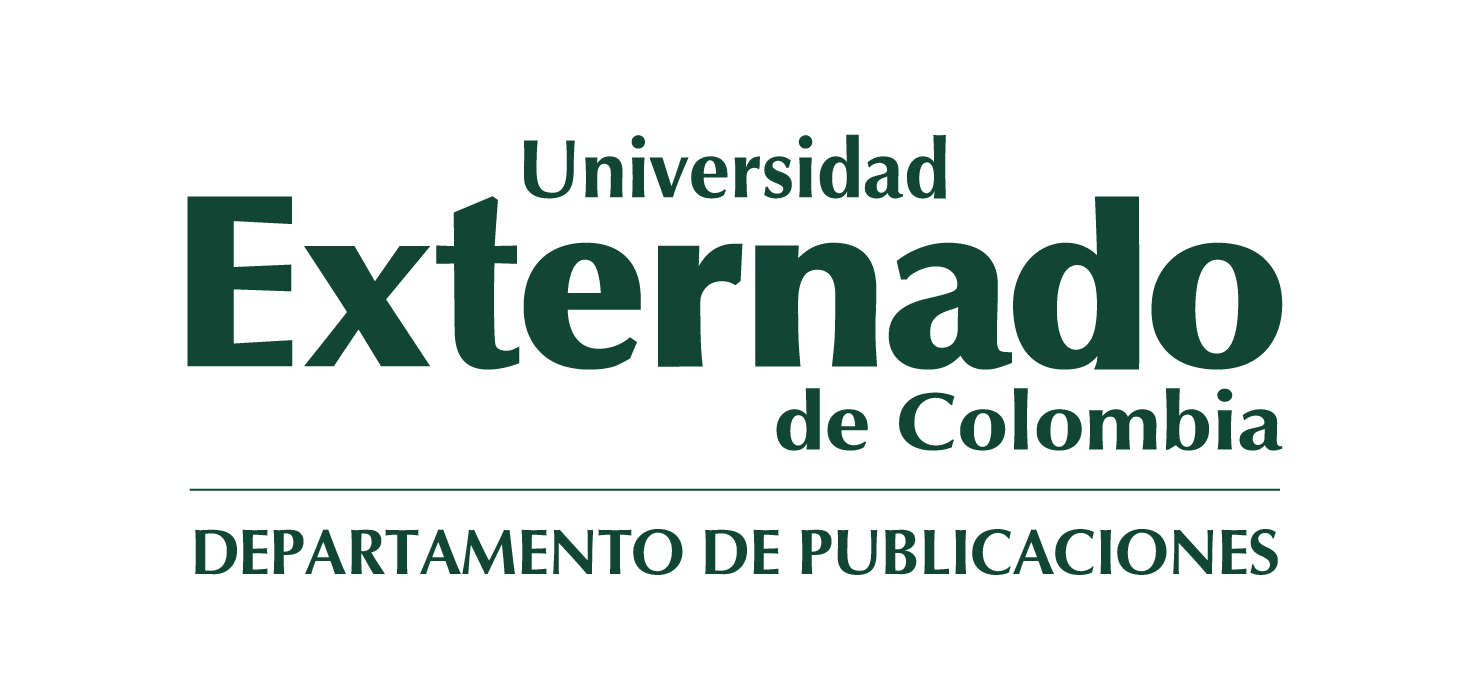Laicidad y libertad de conciencia en Colombia.
Temas de Derecho Público N°. 104
This work attempts to provide some reflections on the legal model established in religious matters in Colombia, which was built primarily by constitutional jurisprudence. The aim is to demonstrate that, despite the Court defending the secular character of the State, the same constitutional jurisprudence has allowed the Catholic Church to retain some of the privileges it enjoyed before 1991. On the other hand, some benefits of the Catholic Church have been extended to other congregations in order to guarantee equality for all. On this point we will try to justify that this strategy attacks the secular character of the State since it unjustifiably privileges the religious phenomenon. The above makes the model of secularism established through jurisprudence more similar to a multi-denominational State than to a secular one, given that some of the privileges of the Catholic Church have not been eliminated, but have been extended to other congregations.
AGRADECIMIENTOS
PRÓLOGO
SIGLAS, ACRÓNIMOS Y ABREVIACIONES
INTRODUCCIÓN
CAPÍTULO PRIMERO
EVOLUCIÓN HISTÓRICA
I. Aclaraciones previas
II. Estado confesional sin libertad religiosa (1821-1853)
III. ¿Un Estado de naturaleza laica en el siglo XIX? (1853-1886) IV. Estado confesional con libertad religiosa (1886-1991) V. El carácter laico del Estado y referencias religiosas en la Constitución Política de 1991
VI. Consideraciones finales
CAPÍTULO SEGUNDO
RELACIÓN ENTRE LIBERTAD DE CONCIENCIA Y LAICTDAD
I. Libertad de conciencia: dos libertades, un derecho
II. Finalidad de la laicidad.Igualdad en el ejercicio y titularidad del derecho a la libertad de conciencia
III. Elementos de la laicidad. Neutralidad y separación
IV. Neutralidad y casos relevantes en la jurisprudencia colombiana
V. Separación y casos relevantes en la jurisprudencia colombiana
VI. Consideraciones finales CAPÍTULO TERCERO
CONTENIDO DE LA LIBERTAD DE CONCIENCIA
I. Titularidad
A. Niños B. Indígenas II. Esferas interna y externa
III. Algunos casos relevantes de la esfera externa
A. Derecho a tener un día de culto
B. Facultad que tienen las personas de negarse a participar en ceremonias religiosas
C. Derecho a no honrar los símbolos patrios y no cumplir con otros deberes cívicos
D. Facultad para oponerse a las transfusiones de sangre
IV. Límites: orden público y derecho de los terceros
V. Consideraciones finales
CAPÍTULO CUARTO
LA PROTECCIÓN DE LOS PRIVILEGIOS DE LA IGLESIA CATÓLICA Y SU EXTENSIÓN A OTRAS CONGREGACIONES RELIGIOSAS
I. La protección de los privilegios de la Iglesia católica
A. Patrimonio cultural católico
B. Leyes de honores
C. La financiación directa de la Iglesia católica
II. La extensión de los privilegios de la Iglesia católica a otras congregaciones religiosas
A. Exenciones tributarias
B. Deberes ciudadanos de los líderes religiosos
C.La asignatura de religión en el sistema educativo
III. Consideraciones finales
CONCLUSIONES
BIBLIOGRAFÍA
eBook
Impreso
-

-
Sergio Alejandro Fernández Parra
-
Abogado y especialista en derecho público por la Universidad Externado de Colombia. Magíster y doctor en Derecho por la Universidad Carlos III de Madrid. Fue becario de la Fundación Carolina y de la Universidad Externado durante su etapa de estudios de maestría y doctorado. Su tesis obtuvo por unanimidad la calificación de sobresaliente cum laude, nota máxima para una tesis doctoral en España. Autor de varias publicaciones relacionadas con el principio de laicidad y el derecho a la libertad de conciencia y de religión. Entre ellas se destacan el libro Laicidad y libertad de conciencia en Colombia (2019) y la obra (editor) Desafíos constitucionales del Estado laico. Género, educación, cultura y derecho (2020). Actualmente se desempeña como docente investigador del Departamento de Derecho Constitucional de la Universidad Externado de Colombia y magistrado auxiliar del Consejo de Estado.
-
eBook
Digital: descarga y online - EPUB
Catálogo Universidad Externado:
Impreso
Catálogo Universidad Externado:



